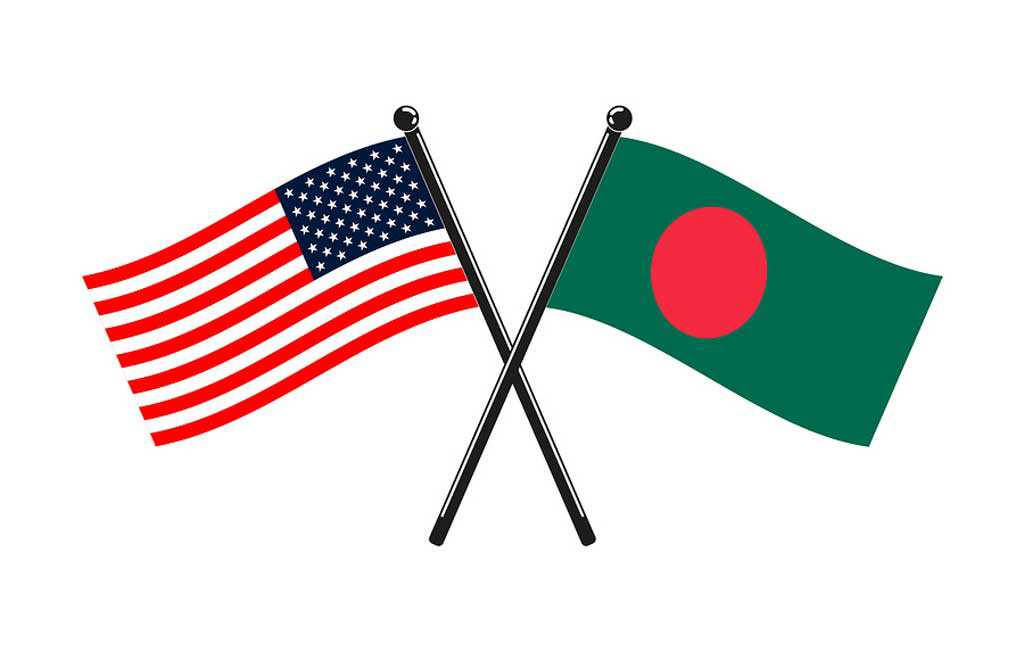Surgical equipment makers in South Asia search for opportunities in COVID-19 market

Image collected
Confronted with lockdowns and massive disruptions to supply chains, distributors and manufacturers of surgical equipment in countries across South Asia like Pakistan, Indian, Bangladesh and Nepal are struggling to locate a way forward but also looking for opportunities to expand their share of the global market while reducing their existing reliance on imports of basic supplies.
Pakistan’s surgical instrument industry has taken a hit from the COVID-19 pandemic, said Inzamam Mehmood, a spokesman for the Surgical Instrument Manufacturing Association of Pakistan (SIMAP).
The industry traditionally exports more than 95% of its production but this production has dropped by about 40% because the pandemic started consequently of slowdowns in manufacturing, lockdowns in export destinations and cancelled orders. The impact may very well be a significant reduction in export revenue for the united states.
“The industry is one of the light engineering industry category, is specialized and has had a stable export market share,” Mehmood told BioWorld. There are about 3,600 companies, professional units, vendors and traders in Pakistan mixed up in production and distribution of beauty and surgical equipment for international companies and brands.
For the present time, Pakistan’s share of global trade in the space is a little 0.3%, said Mehmood, however the country is seeking to grow that market share. Pakistan currently lags behind neighbors India and Bangladesh as an exporting country but a recently available government proposal would try to boost exports under a Strategic Trade Policy Framework (STPF) over another five years. Surgical equipment is among the 18 priority sectors that would are categorized as the framework.
The drop in exports has happened regardless of the country’s relatively successful response to the SARS-CoV-2 pandemic. Pakistan has received praise from World Health Organization Director-General Tedros Adhanom Ghebreyesus.
“Pakistan deployed the infrastructure built up over many years for polio to combat COVID-19. Community health personnel who have been trained to go door-to-door vaccinating children for polio have already been utilized for surveillance, contact tracing and care,” said Ghebreyesus on Sept. 7.
India’s response has been less successful, with the country reporting around 90,000 cases of COVID-19 each day. The pandemic has damaged India’s import-dependent medical and surgical product supply chain, which has led to a shortage of critical medical devices and surgical equipment.
India imports a number of consumables, disposables, surgical equipment including orthopedic implants, gloves, syringes, bandages, tomography and magnetic resonance imaging devices from China, based on the Association of Indian Medical Device Industry (Aimed).
The pandemic and political issues between India and China have created barriers between buyers and sellers. India’s medical devices market makes up about about 13% of the whole Asia-Pacific market and keeps growing at about 7.5% each year, according to advertise research company Globaldata.
COVID-19 and political issues between India and China have created a barrier among buyers and sellers, said Globadata medical devices analyst Rohit Anand. These barriers have impacted both margins and profitability for Indian companies.
Still, India has taken steps to lessen dependency on China, said Minister of State for Health insurance and Family Welfare Ashwini Kumar Choubey. Choubey has said that the existing situation could create a chance for India to become global hub for medical and surgical device manufacturing.
The situation is not dissimilar in neighboring Bangladesh, although the country is more dependent on imports.
“As a result of huge demand for surgical instruments over summer and winter, the market for it has been growing but Bangladesh has been struggling to capitalize on this as the market here is totally dependent on imports,” said Bangladesh Medical Association (BMA) Convener Akram Hossain. “Each year, importers generate medical equipment, surgical instruments, devices, disposables, electro-medical equipment and technologies, laboratory equipment, surgical equipment and accessories from several countries, and pay plenty of money.”
“Dealers and sellers say they have been left frustrated because of the insufficient local producers. There are 3 or 4 companies in Bangladesh who have been manufacturing these medical products for years but they are not sufficient,” Hossain said.
Arif Mushtafa, a distributor of medical and surgical equipment in Bangladesh, said the united states usually imports medical and surgical instruments from China, Germany, the U.K. and other countries. Almost three-quarters of products are imported from China alone. Mushtafa said his company sells huge amount of money of equipment “but no company from Bangladesh has come forward to create such items.”
Another neighbor, Nepal, can be totally reliant on India and China for medical equipment.
According to Nepal’s Ministry of Health the Tripureshwor-Thapathali area around Kathmandu has been growing as a surgical goods hub with more than 500 shops selling surgical equipment along a 1.5 km stretch on the banks of the Bagmati River. Revenue is miniscule but there are a lot more than 2,000 people employed in these shops.
“We are facing acute shortages of surgical equipment,” said Sudeep Meshra, owner of importer Sudeep International. “Enterprises here import surgical equipment mainly from India and China and other countries. A lot of them import their supplies through their own contacts. The outlets here supply surgical equipment across the country through sub-distributors.”
Source: https://www.bioworld.com
Previous Story
- Kolar tomatoes find good domestic, global market
- A large number of Pakistanis, Bangladeshis leave Oman...
- Transit deserves a thorough appraisal
- A strong bank operating system makes a strong...
- Jute exports to Pakistan more likely to increase
- ‘Bangladesh will still be an important production industry...
- Pakistan’s fake-degree problem, India-Bangladesh trade stalemate and much...
- Overseas participants about Indian power exchanges soon